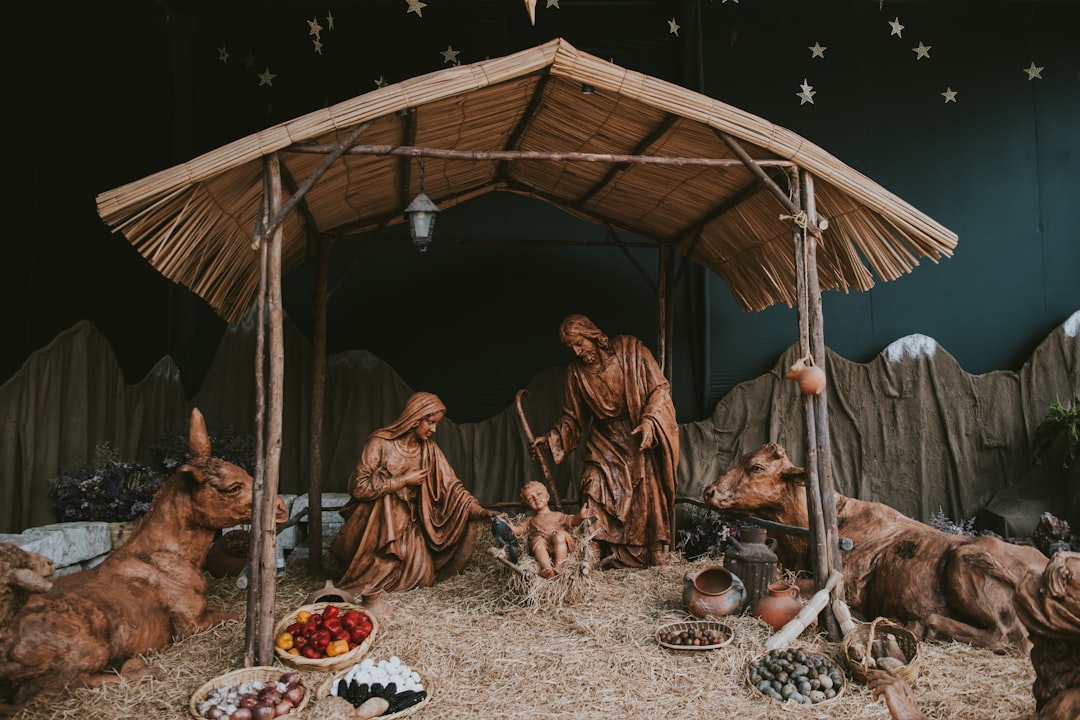The Connection between Music and Spirituality in Various Faiths
Music is a universal language that transcends cultural boundaries and resonates with the depths of our souls. It has the power to evoke emotions, uplift spirits, and bring people together. For centuries, music has played a significant role in spiritual practices across diverse faiths, connecting individuals to their inner selves and a higher power. From chanting and hymns to devotional songs and sacred melodies, the connection between music and spirituality is deeply woven into the fabric of religious traditions worldwide.
In Christianity, congregational singing is an integral part of worship. Hymns and choral compositions serve as a medium through which believers express their devotion, offer praises, and develop a closer relationship with God. Church choirs and musical ensembles enhance the spiritual experience by creating an atmosphere of reverence and awe. The power of music in Christianity is evident through gospel music, which blends African rhythms, harmonies, and spiritual lyrics to convey joy, hope, and a sense of connection to God.
Similarly, Islam embraces the use of music in spiritual practices. Devotional songs called Nasheeds are popular among Muslims, expressing love for the Prophet Muhammad and praising Allah. The calming and melodious tunes of these songs create an ambiance of peace and tranquility, allowing followers to enter into a state of spiritual contemplation and connection. Additionally, the recitation of the Quran, the holy book of Islam, is often done in a melodic manner known as Tajweed. The rhythmic intonation enhances the spiritual experience and facilitates a deeper understanding of the scriptures.
In Hinduism, music has always been an essential part of religious ceremonies and rituals. Bhajans, devotional songs in praise of deities, are sung by devotees during prayer gatherings, known as Satsangs. The rhythmic melodies and repetitive chants in these songs help individuals enter a meditative state, connecting them to divinity and transcending the material world. The classical music tradition of India, known as Hindustani or Carnatic music, also finds spiritual significance in its intricate compositions and rigorous training, where the aim is to achieve a sense of unity with the divine through sound.
The Jewish faith places emphasis on the power of music to bring individuals closer to God. Psalms, written by King David, were originally sung as hymns and continue to be an integral part of Jewish liturgy. The soothing melodies and poetic verses of these psalms help believers find solace, express their emotions, and seek spiritual guidance. Klezmer music, a traditional genre in Jewish culture, is another example of the connection between music and spirituality. It is characterized by fast-paced, energetic tunes played at celebrations and Jewish ceremonies, encouraging a sense of joy and connection to God’s blessings.
Buddhism, known for its meditation practices, incorporates music as a means of achieving spiritual awakening. Tibetan Buddhist chants and mantras, such as the famous “Om Mani Padme Hum,” are recited rhythmically to guide practitioners into deep states of meditation and mindfulness. The sound and vibration created by chanting serve as a focal point, enabling individuals to detach from worldly distractions and cultivate inner peace. In addition to vocal music, instrumental music, particularly the serene melodies of traditional instruments like the shakuhachi flute in Zen Buddhism, can also be used for spiritual reflection and elevation.
The connection between music and spirituality found in various faiths illustrates the power of sound to uplift the soul, facilitate communion with the divine, and foster a sense of unity amongst believers. It transcends cultural and religious differences, serving as a universal bridge that connects individuals to their own inner selves and to something greater than themselves. Whether through sacred hymns, devotional songs, or meditative chants, music enhances the spiritual experience by creating a space for introspection, awe, and transcendence.
In a world filled with chaos and discord, the role of music in spirituality remains crucial. It offers solace, provides strength, and invites believers to connect with their own spirituality and the essence of their faith. As the words of the philosopher Plato echo, “Music gives a soul to the universe, wings to the mind, flight to the imagination, and life to everything.”

